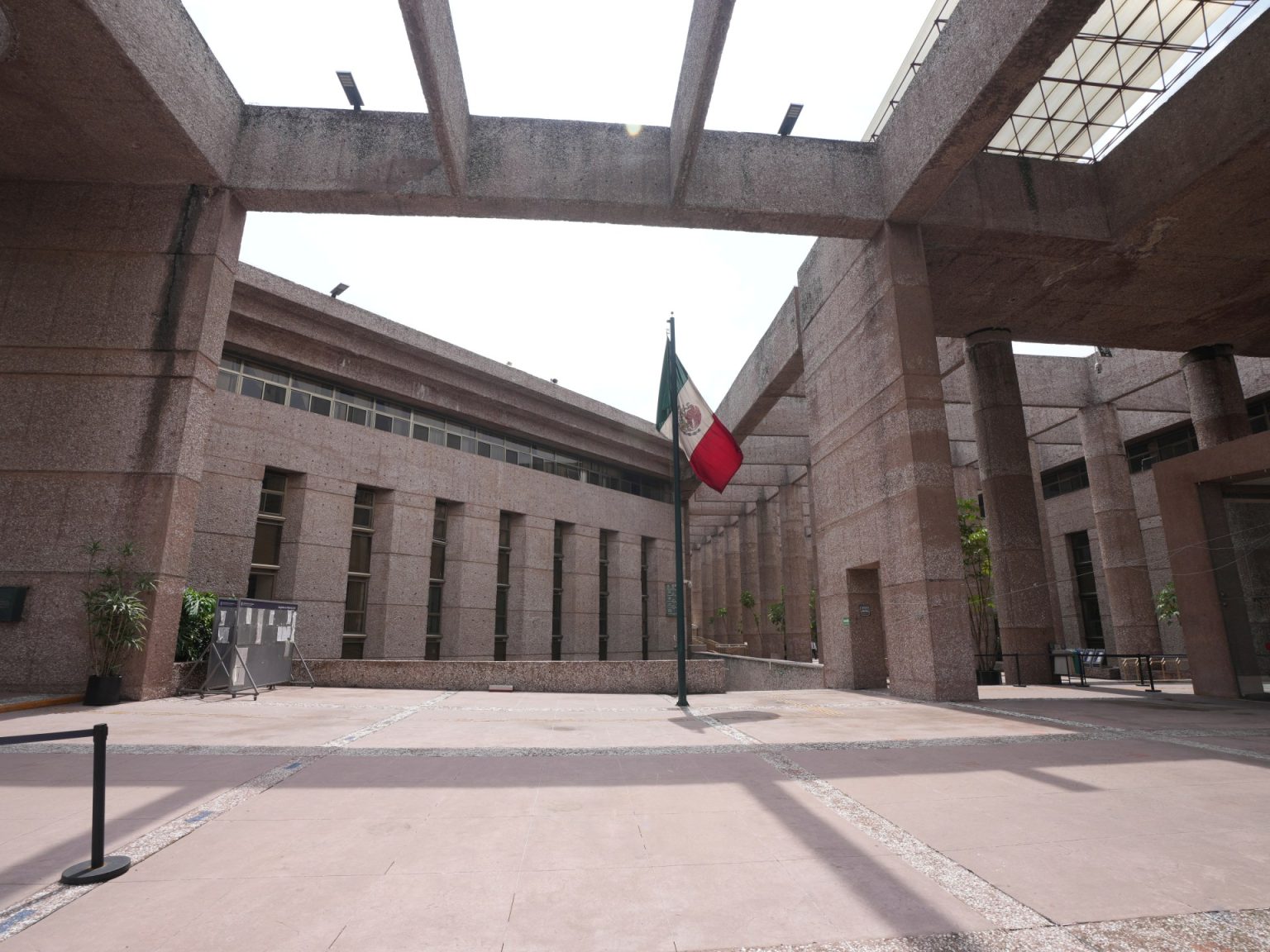Thousands of judicial workers and judges in Mexico have gone on strike in response to President Andres Manuel Lopez Obrador’s plans to overhaul the country’s courts, with a controversial proposal to elect federal judges via popular vote. Critics fear that these reforms could undermine the government’s checks and balances, destabilize the justice system, and lead to potential influence by Lopez Obrador’s Morena party over the legal system. The strike was supported by unions representing over 55,000 judicial functionaries, as well as the association of federal judges and magistrates, who expressed concerns about the concentration of power in the hands of one person if the bill passes.
The proposed reforms involve a process where judicial candidates are nominated by the executive, legislative, and judicial branches before being evaluated by special committees and put to a popular vote. The plan includes staggered elections for judges, with half elected in 2025 and the other half in 2027. Lopez Obrador has justified the reforms as a means to combat corruption and increase public confidence in the judiciary, even though critics view the move as a means to bolster the Morena party’s influence over the legal system. The president has also faced resistance from judges over previous rulings and attempts to curtail government watchdog agencies.
While there is a consensus that Mexico’s justice system requires reform, legal experts and human rights organizations like Human Rights Watch argue that the current proposal does not address the fundamental issues facing the system. Critics believe that the reforms are more about populism and consolidating power rather than addressing the structural problems within the judiciary. They argue that the focus should be on improving prosecutors’ capacity to conduct investigations and ensuring due process for all individuals involved in the legal system.
The constitutional change required for the judicial overhaul would need a three-fourth vote in both chambers of Mexico’s congress. The ruling Morena party has the necessary seats in the lower house but may need to collaborate with other politicians to secure the votes in the senate. Despite the strike and opposition from judicial workers, Lopez Obrador remains determined to push through the reforms, dismissing the strike as counterproductive. Legal experts fear that the strike might further increase uncertainty regarding the stability of the rule of law and electoral democracy in Mexico, though they acknowledge that public pressure could potentially sway lawmakers to reconsider the proposed changes.
In conclusion, the ongoing strike by judicial workers in Mexico highlights the deep divisions over President Lopez Obrador’s proposed reforms to the country’s judiciary. While the need for reform is widely acknowledged, critics argue that the current proposal is more about political power play than genuine attempts at improving the justice system. The outcome of the strike and the fate of the reforms will have significant implications for the rule of law and democratic institutions in Mexico, as the country navigates a critical juncture in its judicial and political landscape.


